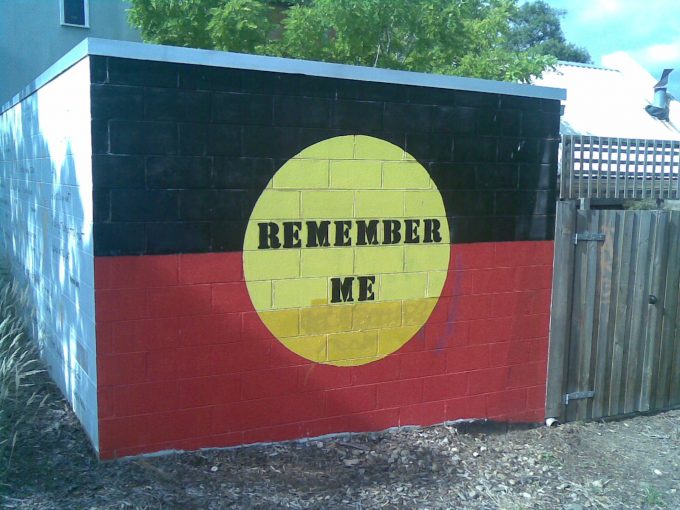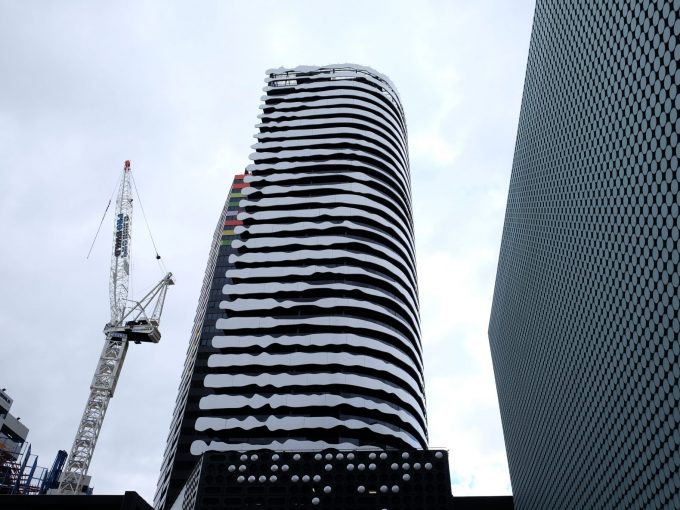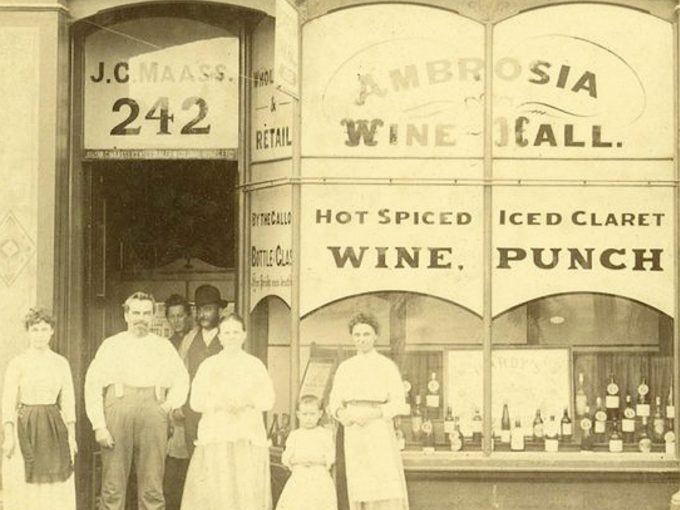Remaking Cities was the theme of the 14th Urban History Planning History conference, a biennial and multi-disciplinary gathering of scholars and practitioners with interests in the histories of cities and urban planning.
The theme invited presenters to engage with the idea that cities are continually made and remade. The history of the conference host city serves as an example: a city shaped by Indigenous knowledge systems and land practices, land and infrastructure speculation, by the rise and decline of manufacturing, by migration and economic transformation.
Underpinning the making and re-making of Melbourne and other Australasian cities are the processes of settler colonialism and speculation on stolen lands. Melbourne was built over the long-established land-based practices of the Woiwurrung, Boonwurrung and Wadawurrung speaking peoples of the Kulin nation. The long shadow cast by colonisation challenges us to rethink the parameters of urban and planning ‘histories’. And this demands we imagine anew how cities can be remade toward a just and shared future. Urban planning has a key role to play.
The conference program was organised into sub-themes, reflecting the work of major research projects, and of individual researchers working in related fields. The conference organisers also invited presentations from six keynote speakers.
John Masanauskas, City Editor with the Herald Sun newspaper, reflected on his thirty year career, taking cues from his speaking location on the RMIT campus, near the former Russell Street headquarters of Victoria Police, and the Victorian Magistrates Courts. Recalling his formative experiences covering the Russell Street bombing, John’s talk vividly illustrated the dictum that journalism is the first rough draft of history.
Jefa Greenaway, architect, and director of Indigenous Architecture and Design Victoria reminded us that cities are places of historical and contemporary value to Indigenous peoples. Taking us through a series of contemporary events and built form interventions, Jefa articulated new forms of practicing and conceiving of the city as an Indigenous place.
The Aotearoa New Zealand historian Ben Schrader presented a compelling analysis of historic preservation campaigns in Wellington, part of his wider study of activism around New Zealand’s built heritage. Schrader’s focus on urban history and heritage contests a common perception of New Zealand’s rurality. As he notes, New Zealanders have been a predominantly urban population since the early twentieth century, and his presentation traced an emerging, if contested, urban heritage consciousness.
Chris Gibson, professor of human geography at the University of Wollongong, discussed his research on the spatial and cultural dynamics of manufacturing-based creative industries. His analysis of how these industries resist a policy narrative of decline and redundancy, but require nurturing through sympathetic planning regimes, issued a challenge to policy makers and planners.
Two keynote speakers, Kate Torney, CEO of the State Library of Victoria (SLV), and Cathie Oats, Manager of Trove, shifted attention to the basic resources for urban and planning historians: library and archival collections. Kate illustrated the significance of SLV not only to historians, but to Melbourne’s civic and intellectual history, and her outline of major development plans for SLV underscored the conference theme. Cathie’s analysis of the aggregated database Trove, its users (some of whom draw on Trove daily), and its future provided a captivating view of this powerful research tool.
A closing session featured a panel comprising recent PhD graduate Lauren Piko, Seamus O’Hanlon, and Kate Follington of Public Records Office Victoria. Each spoke to aspects of the future of urban history: highlighting how the rapid expansion of digital resources is proceeding alongside the rapid casualisation of university employment. The panelists queried the liminal parameters of both urban and history, putting forward challenges for how best to position future UHPH conferences.
The conference organisers would like to extend their sincere thanks to the presenters, reviewers, and session chairs. Our particular thanks go to Centre for Urban Research staff members Chanel Bearder and Caitlin Bevan for their tireless work in ensuring a successful conference.





